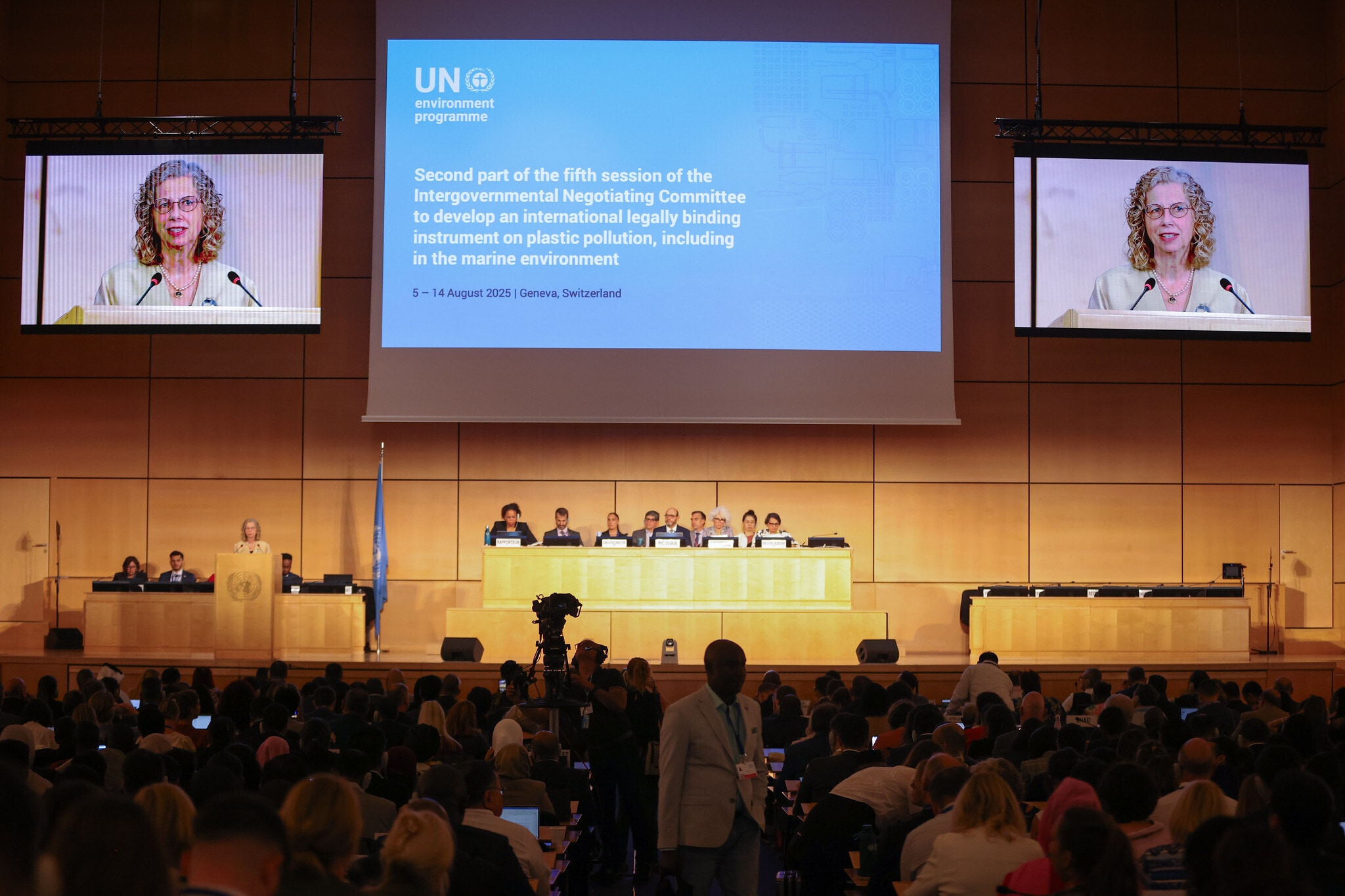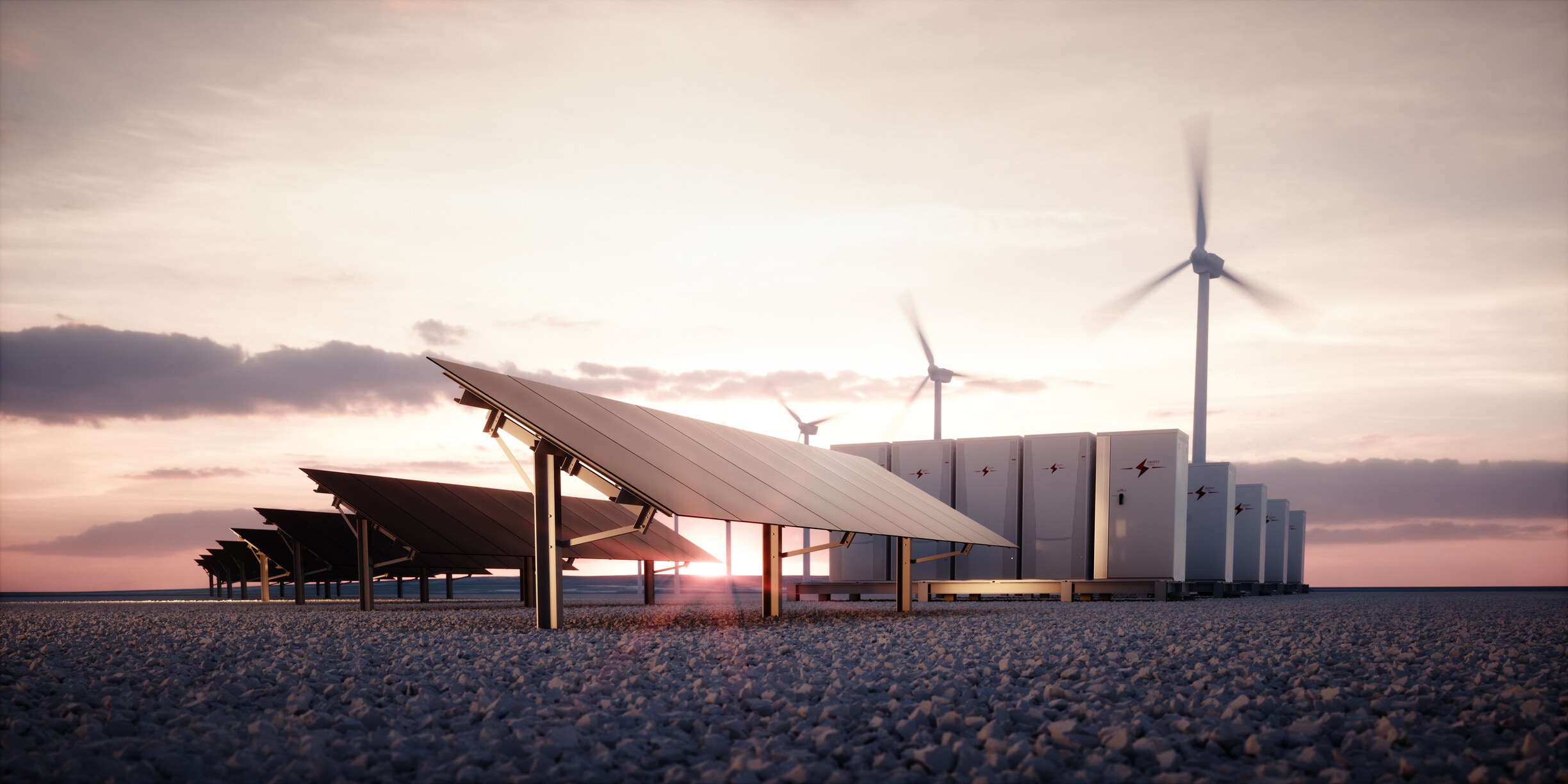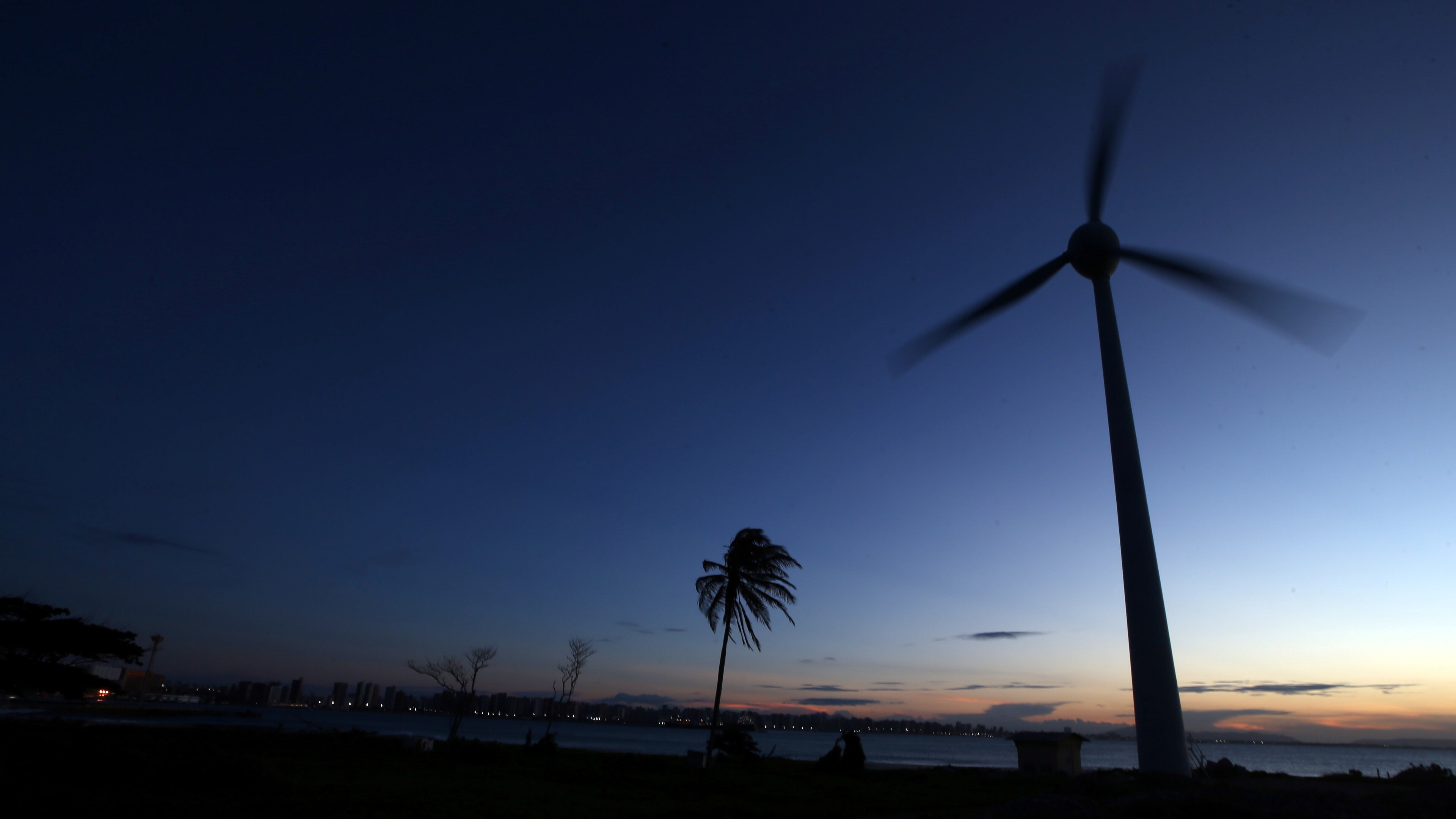This is what Greta Thunberg just told Davos

Greta Thunberg delivered a powerful message at Davos
Image: World Economic Forum / Valeriano
Stay up to date:
How to Save the Planet
- Greta Thunberg tells Davos we have less than 8 years to save the planet.
- 'Even at 1 degree people are dying from climate change,' she said.
- The teenage organizer of #FridaysforFuture school strikes said richer countries need to get down to zero emissions much faster.
Greta Thunberg returned to Davos on Tuesday, a year after telling business and political leaders to wake up to climate change.
Ahead of a session devoted to climate change, she read out a speech that delivered her key message: listen to the scientists and act now!
Accept our marketing cookies to access this content.
These cookies are currently disabled in your browser.
Below is a full transcript of that speech, delivered during a session called Forging a Sustainable Path towards a Common Future, alongside other teenage activists.
In a later session, she also gave this powerful address.
I will speak later today so I just want to take this opportunity to once again remind everyone of our current situation.
In Chapter Two, on page 108 in the SR 1.5 IPCC report that came out in 2018, it says that if we are to have a 67 percent chance of limiting the global average temperature rise to below 1.5 degrees Celsius, we had on January 1st, 2018, about 420 gigatons of CO2 left to emit in that budget.
And, of course, that number is much lower today, as we emit, about 42 gigatons of CO2 every year, including in land use. With today's emissions levels, that remaining budget is gone within less than eight years. These numbers aren't anyone's opinions or political views. This is the current best available science. Though many scientists suggest these figures are too moderate, these are the ones that have been accepted through the IPCC.
And please note that these figures are global and therefore do not say anything about the aspects of equity, which is absolutely necessary to make the Paris Agreement work on a global scale. And that means that richer countries need to get down to zero emissions much faster and then help poorer countries do the same so that people in less fortunate parts of the world can raise their living standards.

These numbers also don't include most feedback loops, non-linear tipping points nor additional warming hidden by toxic air pollution. Most models, however, assume that future generations will, however, somehow be able to suck hundreds of billions of tons of CO2 out of the air with technologies that do not exist today in the scale required - and perhaps never will.
The approximate 67 percent chance is the one with the highest odds given by the IPCC. And now we have less than 340 gigatons of CO2 left to emit in that budget to share fairly.
And why is it so important to stay below 1.5 degrees Celsius? Because even at 1 degree people are dying from climate change because that is what the united science calls for, to avoid destabilising the climate so that we have the best possible chance to avoid setting off irreversible chain reactions.
Every fraction of a degree matters.
Since last summer, I've been repeating these numbers over and over again in almost every speech. But honestly, I don't think I have once seen any media outlets or person in power communicate this and what it means. I know you don't want to report about this. I know you don't want to talk about this, but I assure you I will continue to repeat these numbers until you do.
Don't miss any update on this topic
Create a free account and access your personalized content collection with our latest publications and analyses.
License and Republishing
World Economic Forum articles may be republished in accordance with the Creative Commons Attribution-NonCommercial-NoDerivatives 4.0 International Public License, and in accordance with our Terms of Use.
The views expressed in this article are those of the author alone and not the World Economic Forum.
Related topics:
Forum Stories newsletter
Bringing you weekly curated insights and analysis on the global issues that matter.
More on Climate ActionSee all
Lim Chow-Kiat
August 21, 2025
Tom Crowfoot
August 20, 2025
Charlotte Edmond and Rebecca Geldard
August 19, 2025
Yufang Jia and William Jernigan
August 18, 2025
Jürgen Karl Zattler and Adrian Severin Schmieg
August 18, 2025
Piyush Verma
August 18, 2025





